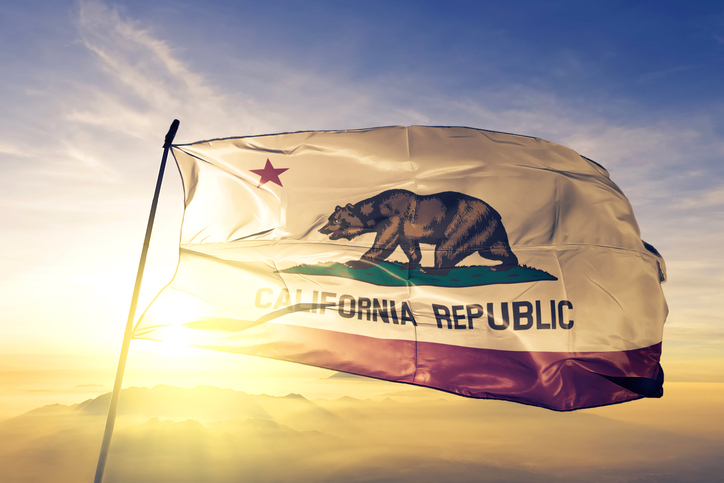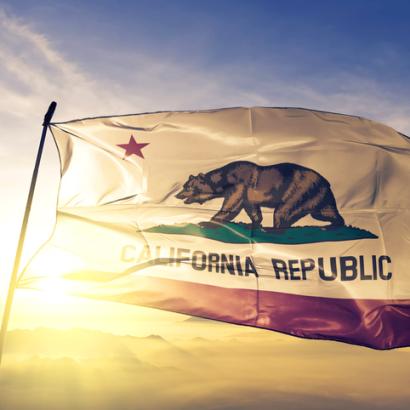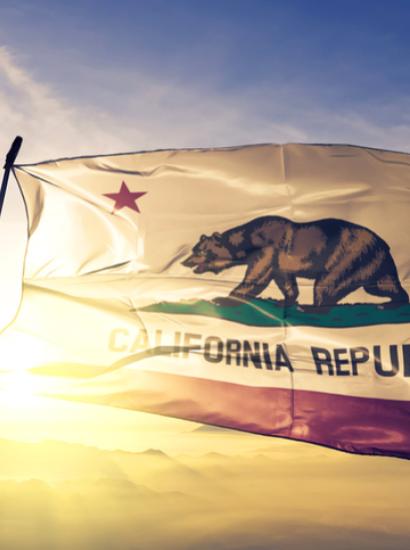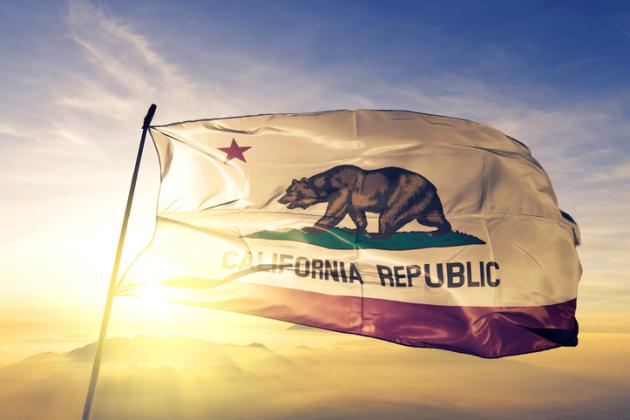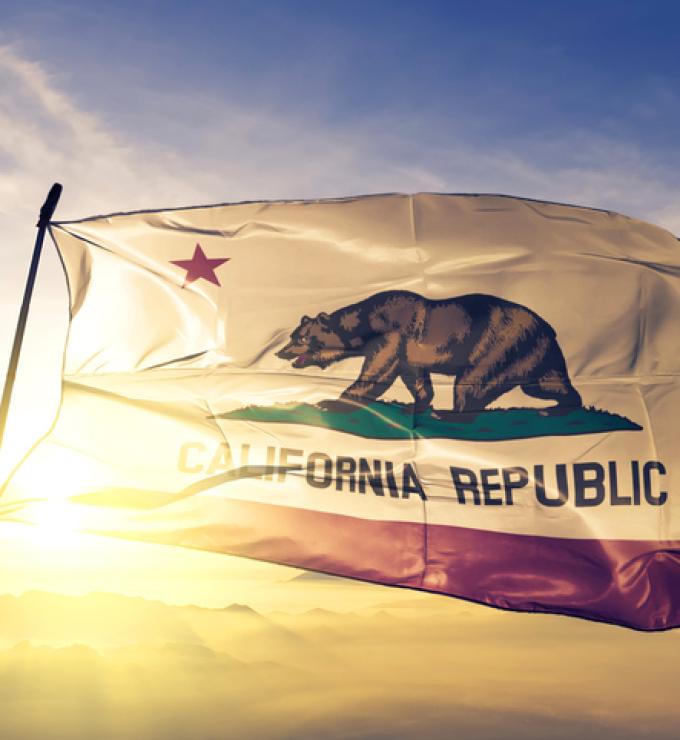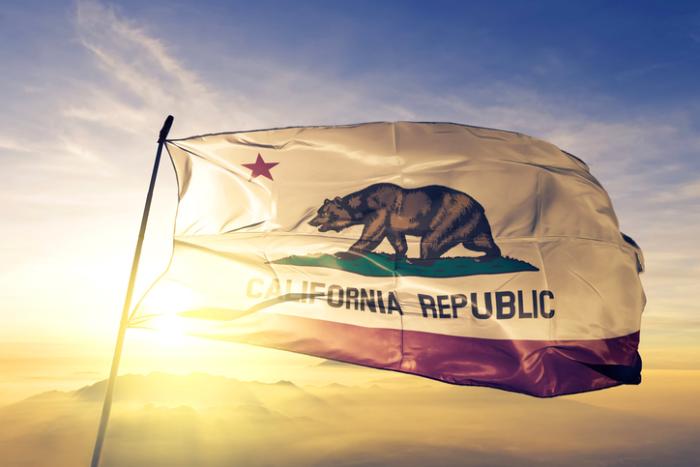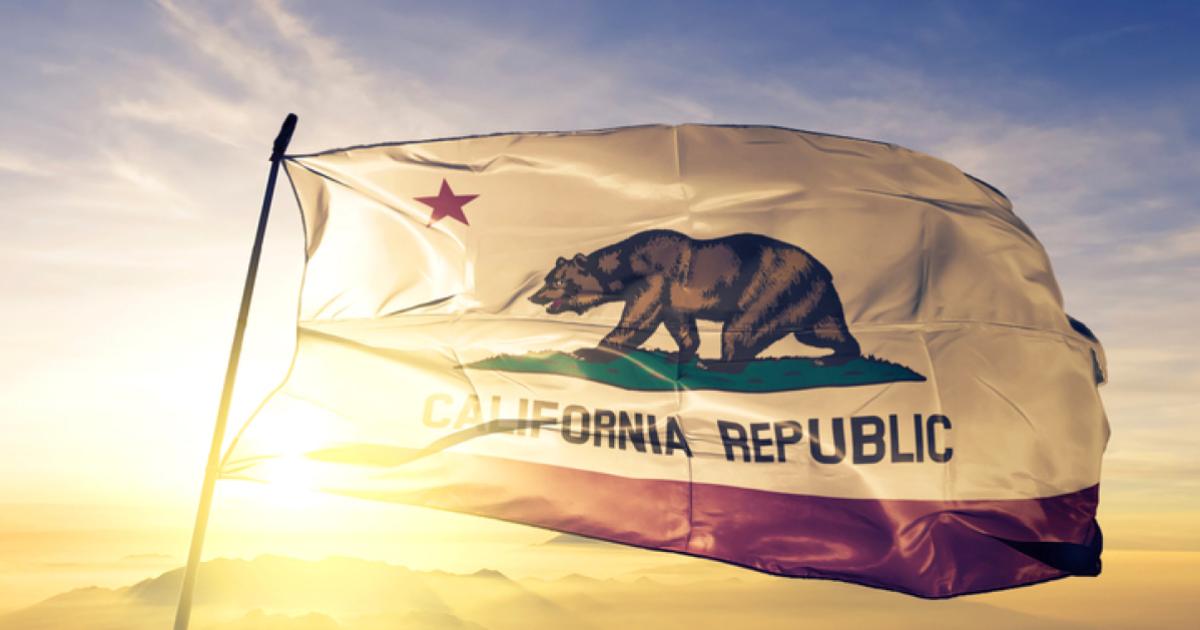- Economics
- Politics, Institutions, and Public Opinion
- Campaigns & Elections
- State & Local
- California
All the political stars fell into alignment for Gavin Newsom as the state recall proposal failed by about a 2-to-1 margin. Less than two months ago, recall polls were evenly split as Newsom was fighting for his political life. Reasons for voter dissatisfaction with his performance ranged from the state’s business shutdown during COVID-19, which led to one of the nation’s highest unemployment rates, and his dining without socially distancing at the exclusive French Laundry restaurant in Napa, to his failing to solve the state employment department’s awful mismanagement of unemployment claims, which led to $32 billion paid in fraudulent claims while legitimate payments were held up for months.
But in the last six weeks of the campaign, all this went out the window, and we witnessed one of the most dramatic turnarounds in California political history. In just a matter of weeks, Newsom went from a dead heat to winning the recall by an even wider margin than when he defeated Republican John Cox in the 2018 governor’s race: 62 percent to 38 percent.
So just what happened? Newsom’s campaign created targeted political ads that not only managed to deflect from Newsom’s record in his first three years as governor, but that also convinced enough voters that the Republican recall candidates would be the second coming of Trump if elected. And for California Democratic voters, there is nothing like invoking Trump to energize the base, a base that appeared to care little about the recall earlier this summer.
The timing of Texas’s new abortion law, which limits most abortions to the period in which a fetal heartbeat cannot be detected (about the first 6 weeks after conception), also turned out to be very important. Larry Elder, the leading recall candidate, is not pro-choice, and while he stated that he would not try to make any changes regarding abortion if elected, he nevertheless stated he would replace 88-year-old senator Dianne Feinstein, should she not finish her term, with a Republican, which would give Republicans a majority of 51 votes in the Senate. And now California Democrats were not only energized, they were also scared.
The playbook to defeat the recall, which had been gaining steam since the spring, was suddenly clear. Instead of ignoring the recall, as Newsom was wont to do, the playbook was revised to bring up Trump at every possible chance: Call the recall candidates “anti-vaxx” and “anti-science,” even though they were all fully vaccinated. And play the race card, one that had been played from the start but which garnered traction once the media picked up on this idea.
Larry Elder, a Black man who grew up poor in South Central Los Angeles, before the Civil Rights Act, was called “the Black Face of White Supremacy” by an LA Times opinion writer. I have known Elder for years. In that time, I have not heard one racist statement from him, nor anything close to being construed that way.
Perhaps the best example of this is his view on academic achievement differences across racial groups, I have heard many White liberals doubt whether Blacks are as academically capable as themselves, or if Whites are as academically capable as individuals of Asian descent. I’ve never heard this from Elder. Not even close. For Elder, low academic achievement among Blacks is the consequence of broken families, particularly the lack of a father’s presence, and the fact that many Blacks attend very poorly performing schools.
What about the relatively high academic achievements among Asian Americans? Elder explains their high level of achievement as the consequence of Asian American families caring deeply about the value of education and doing whatever they can to move to neighborhoods with high-quality schools. And making sure kids do extra homework on the weekends. This is what Elder in fact did as a student, taking the math classes in school that the Asian American kids were taking. He cared about learning math and science just as much as those kids did.
Elder doesn’t see innate differences in achievement potential across race or other demographic groups. He sees differences related to the failure of public policies that have devastated Black families and that have trapped these families in neighborhoods with few ways out. He should know, because he lived this life growing up. Elder is not the Black face of White supremacy, in my opinion—he is the opposite of it.
His vision is that everyone, irrespective of race, can achieve at high levels, and that existing public policies are the main factors holding many back. Get rid of the strong vested interests in school politics and you will see much better academic outcomes for everyone.
Reform teacher union rules on tenure, introduce merit-based pay, and introduce school choice. Those reforms have nothing to do with Right versus Left, or Black versus White versus Asian. They have to do with empowering families with a public school system that is not operated to benefit political heavyweights by preserving a union monopoly but that is operated to benefit consumers—students and their families. Schools could be so much better, but they won’t improve unless the status quo is changed.
Money also played an enormous role in the recall campaign. Newsom received donations of around $40 million, which meant that campaign ads were literally being played 24/7. Elder and former San Diego mayor Kevin Faulconer each received only around $4–5 million for their campaigns.
If there ever is to be political competition within the state, then Republican and moderate Democratic candidates must come up with their own playbook, one that highlights the many problems within California—schools, housing, water, infrastructure, crime, homelessness, businesses and individuals moving out of state—that will be solved with simple, common-sense policies that incumbent, progressive politicians won’t consider.
The principle of this playbook is clear and can still win in a state that, as recently as last fall, voted against raising taxes on businesses, voted to preserve color-blind college admissions and public-sector employment, and voted to give rideshare drivers an out from the very destructive law that makes independent contractorship illegal for many occupations. But without adequate campaign funding and an even slightly open-minded media, sensible reform candidates will continue to fail getting a fair shake.







